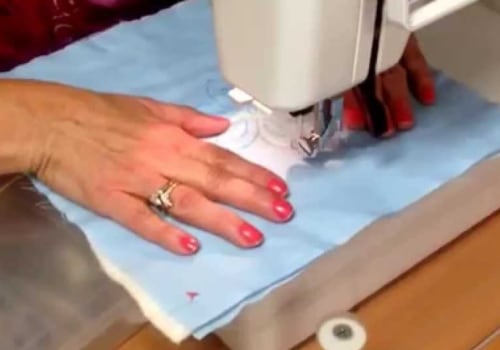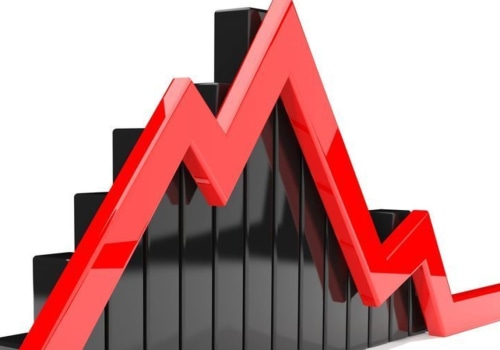Üldiselt ei pea võlakirjad olema notariaalselt tõestatud. Tavaliselt peavad õiguslikult täitmisele pööratavad võlakirjad olema üksikisikute poolt allkirjastatud ja sisaldama tingimusteta lubadusi maksta konkreetseid rahasummasid. Üldiselt esitavad nad ka maksetähtajad ja kokkulepitud intressimäär. Võllakirja puhul on vaja ainult kokkuleppes osalevate poolte allkirju, mis ei nõuta notari poolt tunnustust õigustatuks, lugeda 3 min.
Laenuandjavõib võlakirja alla kirjutada, kuid erinevalt laenulepingutest ei pea nad seda tavaliselt tegema. Laenuandja võib nõuda laenuvõtjalt dokumendi allkirjastamist notari juuresolekul. See aitab tagada allkirja. Kui soovite, et teie märkus oleks seaduslikult kehtiv, peab see olema nõuetekohaselt notariaalselt tõestatud.
Võlakirikehtestab laenu selge arvestuse kas üksikisikute või üksuste vahel. Võlakirjad on ärimaailmas hädavajalikud, sest pangad ja teised ettevõtted kasutavad neid tagamaks, et laenuvõtja maksab võla ära. Et vältida tulevasi erimeelsusi võlakirjade licitness, võivad ettevõtted valida, kas võlakirjad tunnistajaks ja kinnitas notar isegi siis, kui mõned riigi seadused seda ei nõua. Selleks, et võlakiri oleks õiguslikult siduv, nõuab see ainult võlgnetava summa üksikasju ning mõlema poole trükitud ja allkirjastatud nimesid; notariaalselt kinnitamata võib need märkmed siiski kohtus kahtluse alla seada, kui sellega kunagi tuleb.
Teievõlakiri peab loetlema laenuandja nime ja aadressi, laenuvõtja nime ja aadressi ning kuupäeva. Kuna tegemist on lepinguga, on oluline saada võlakiri kirjalikult, kui see on kehtestatud nii, et see on kehtiv ja täitmisele pööratav. Oluline on märkida, et võlakirja saab ka kohandada, et see sobiks konkreetse laenukorraldusega. Vähemalt on parem, et kõik võlakirjad oleksid notari poolt üle vaadatud ja notariaalselt tõestanud, et mõlemad pooled oleksid tulevikus kaitstud.
Kuivõlgnik ei täida lepingutingimusi, võib laenuandja kasutada võlakirja kohtus makse täitmiseks. Selleks, et tagada võlgade dokumentatsioon teie tulevikus kehtiv, on oluline tagada, et teate, kes saab võlakirja kirjutada. Keerukate tehingute (nt auto laenud ja hüpoteegid) võlakirjad sisaldavad ka intressimäärasid, amortisatsioonikava ja muid laenulepinguga seotud üksikasju. Kuigi peaaegu igaüks saab kirjutada võlakirja, on oluline mõista, et mõned märkmed mahutavad paremini uurimise all kui teised, kui juriidilised menetlused on täheldatud kirjalikult märkus.
Kunaigal riigil on oma seadused, mis reguleerivad võlakirja olulisi komponente, tahad võlakirja kirjutamisel kontrollida oma riigi seadusi. Kui võlg on täielikult tagasi makstud, peaks laenuandja kuupäeva ja märkima võlakirja „täielikult tasutud.







Leave Message